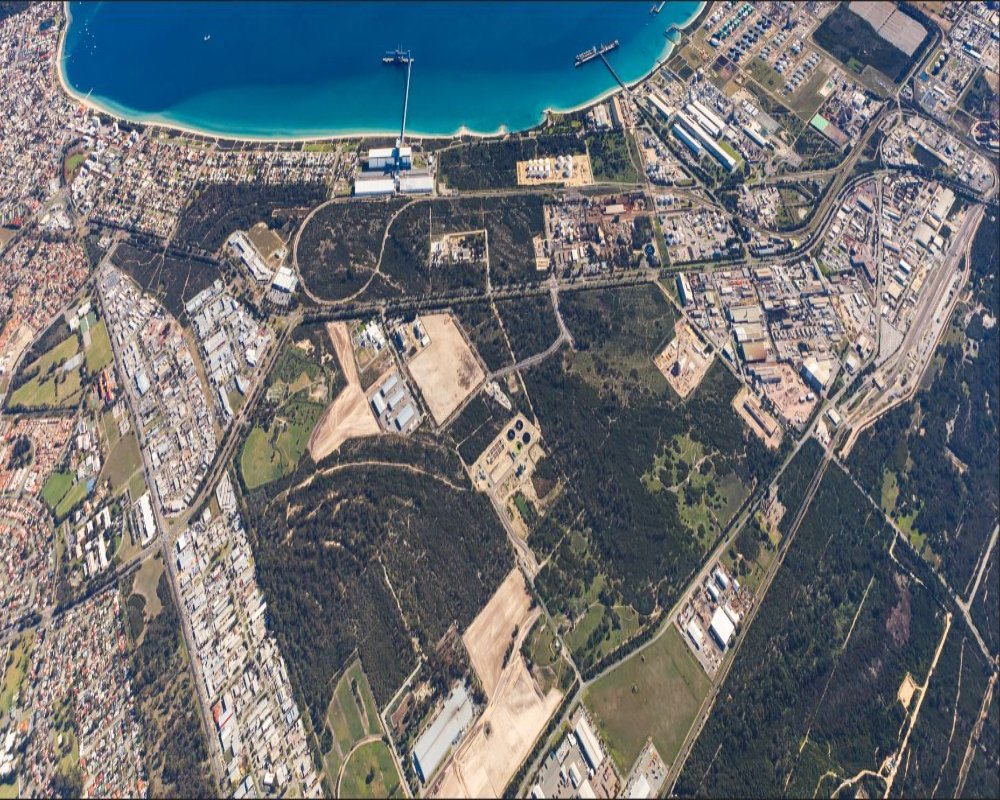Support for Economic and Employment Activities
Industrial zoning is designated to accommodate manufacturing, logistics, and production uses that contribute significantly to local and regional economies. These zones attract businesses that create jobs and sustain industrial supply chains.
- Encourages growth of employment hubs for skilled and unskilled labor
- Provides space for large-scale operations not suited for residential or commercial areas
- Supports tax base expansion through high-value industrial investments
Separation of Incompatible Land Uses
Zoning the land as industrial helps segregate potentially disruptive activities—such as heavy machinery, freight movement, and material processing—from sensitive areas like housing or schools.
- Reduces land use conflicts and public health risks
- Ensures safety and operational efficiency for industries requiring special infrastructure
- Prevents negative impacts like noise, vibration, or hazardous material exposure on adjacent communities
Strategic Infrastructure and Location Advantages
Industrial land is often zoned based on its proximity to transportation networks and availability of utilities essential for industrial operations. These areas are selected to maximize logistical efficiency.
- Located near highways, ports, rail lines, or airports to support goods movement
- Equipped with high-capacity water, power, and waste systems
- Positioned to support regional industrial clusters or economic development zones


